Gauteng continues to adapt to an era of unpredictable load shedding. Households are learning that survival is no longer about candles and cold suppers; it is about smart adjustment and practical innovation. With living costs rising and frequent power cuts threatening productivity, residents, students, and small business owners are searching for affordable ways to stay connected and keep life running.
Thank you for reading this post, don't forget to subscribe!Fortunately, technology has made reliable power solutions more accessible than ever. From compact solar kits to high-capacity power banks, these seven affordable devices are transforming how Gauteng residents manage outages.
ALSO READ: Maximize Productivity During A Power Outage: Smart Hacks for Load Shedding
1. Portable Power Stations: The Mini-Generator Revolution
Portable power stations have become essential in Gauteng’s new energy landscape. Unlike noisy petrol generators, these compact devices deliver quiet, safe indoor power for charging phones, laptops, routers, and small appliances.
The Gizzu 155Wh Portable Power Station, priced at around R3 000, is a popular option. It can charge several devices at once, from laptops to LED lamps, and recharges through a wall socket or solar panel.
For households needing a little more power, the Rizzen 177Wh Power Station provides up to 200 W, enough to keep a router and laptop running for hours.
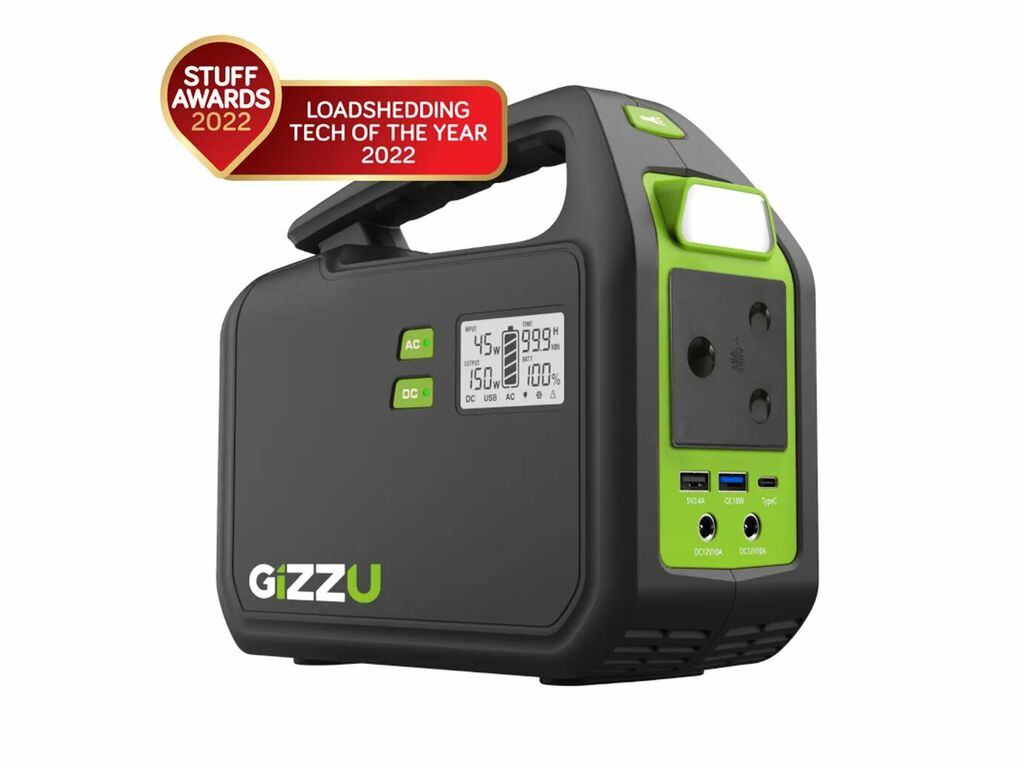
2. Power Banks: Compact Energy on the Go
Every Gauteng commuter knows the anxiety of watching a phone battery die just as the power cuts begin. Power banks remain the simplest and most affordable backup solution — especially for students and professionals who rely on digital tools throughout the day.
The Romoss Zeus 40 000 mAh (about R1 300) is a favourite for its multiple USB ports, fast charging, and support for USB-C laptop power delivery. A lighter option, the Romoss PPD20 20 000 mAh (around R1 120), offers 50 W output and can charge two devices at once.
Power banks are no longer optional accessories. They are essential for a province that never stops moving — and never knows when the lights will go off next.
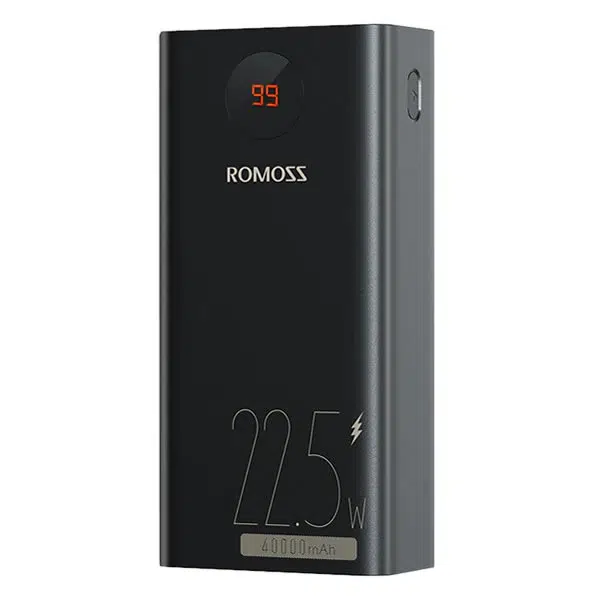
3. Mobile Wi-Fi Routers: Staying Online When Everyone Else Can’t
Reliable internet access is now as important as electricity. When fiber connections drop during load shedding, a mobile router keeps users connected. These battery-powered devices use a SIM card to create a Wi-Fi hotspot for multiple users.
The D-Link DWR-930M 4G Router (around R850) supports up to eight devices and runs for several hours on its 3,000 mAh battery. The TP-Link M7350 can handle ten devices and includes a micro-SD card slot for file sharing — ideal for group projects or home offices.
For Gauteng’s freelancers and entrepreneurs, maintaining internet connectivity during blackouts is vital for keeping business operations, clients, and deadlines on track.

4. Solar Lighting Kits: Lighting Homes with Sunshine
Darkness during load shedding no longer needs to be the norm. Solar lighting kits offer a clean, long-term solution that draws power directly from the Gauteng sun.
The Gizzu 10 W Solar Lighting Kit (about R1 500) is an affordable starting point. It includes a small solar panel, battery pack, and three LED bulbs. It can also charge a phone in an emergency.
As more households embrace renewable energy, solar lighting is illuminating both suburban and township homes across the province.

5. Smart LED Bulbs: Efficient Everyday Lighting
While power stations handle major outages, smart LED bulbs make everyday energy use more efficient. These bulbs last up to ten times longer than traditional ones and consume far less electricity.
Rechargeable emergency bulbs, which provide up to four hours of light during a power cut, are especially popular in Gauteng. Many cost under R100 each and are available at major retailers such as Builders Warehouse and Checkers Hyper. Replacing conventional bulbs with these not only reduces energy costs but also cuts down on frequent replacements.
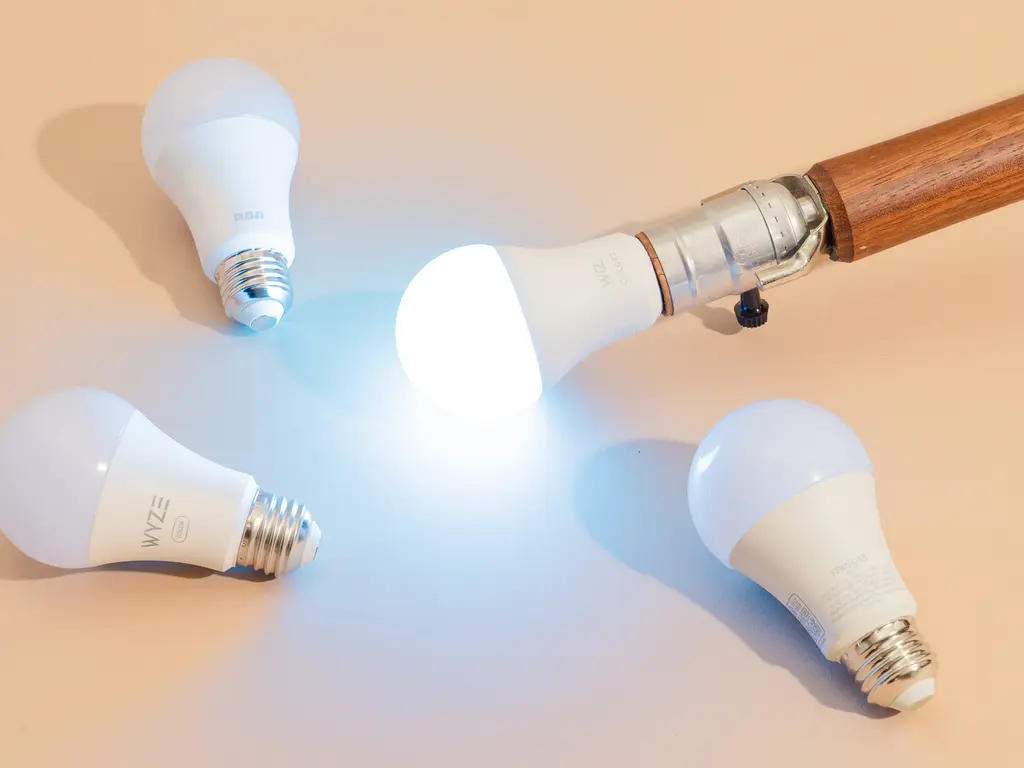
6. Inverter Trolleys: Reliable Backup for Busy Homes
For small businesses and large families running multiple devices, inverter trolleys offer dependable backup power. Unlike permanent systems that require installation, these plug-and-play units can power TVs, routers, and small fridges with ease.
A 1 kVA inverter trolley, priced from around R6 000, can keep a home office running for several hours. Although the initial cost is higher than other options, many Gauteng homeowners consider it a worthwhile long-term investment.
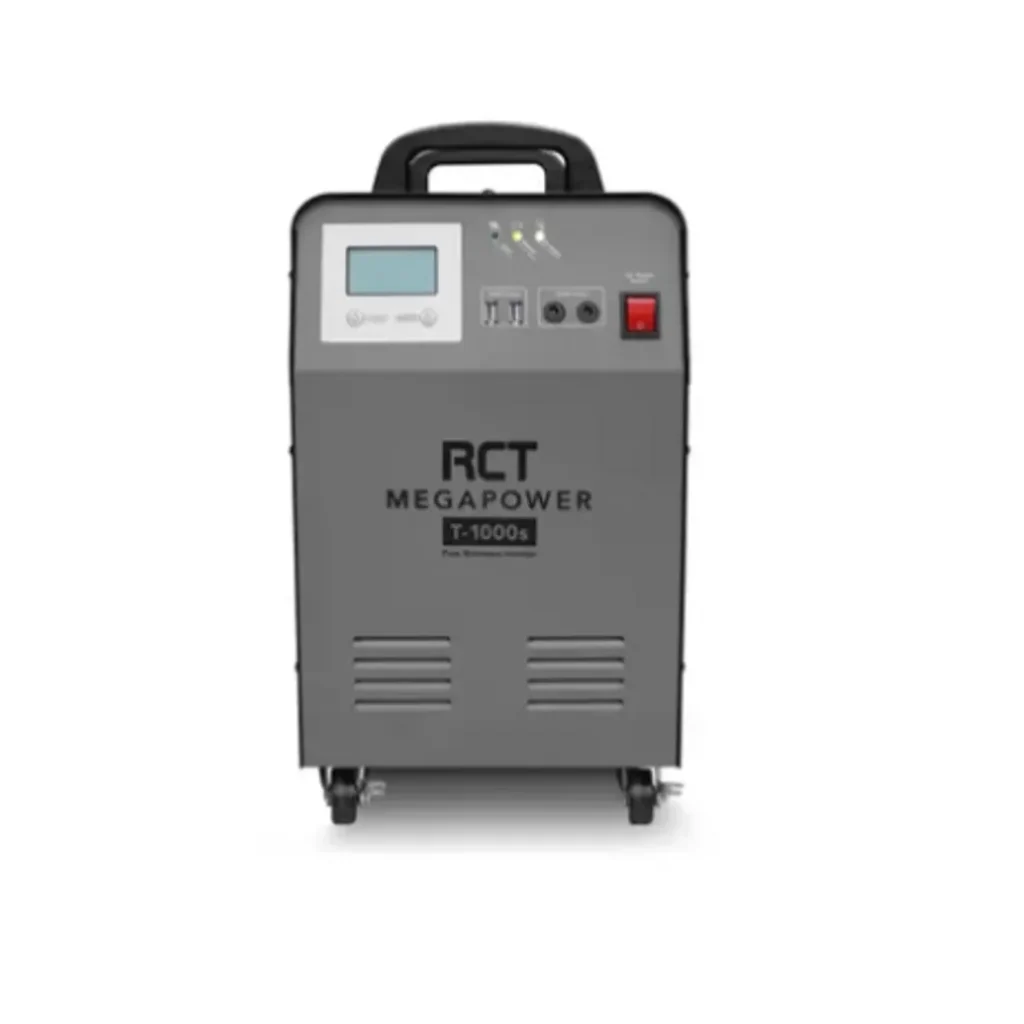
7. Solar Power Banks: The Best of Both Worlds
For those who want sustainable energy wherever they go, solar power banks combine portability and renewable energy. They recharge through sunlight and store enough power for several devices. Priced from R600, these are especially popular among hikers, field workers, and students who study outdoors during load shedding.
Modern versions include built-in LED lights, dual charging ports, and quick-charge capability. Energy analysts estimate that regular use of solar power banks can reduce a household’s electricity dependence by up to 15 percent.
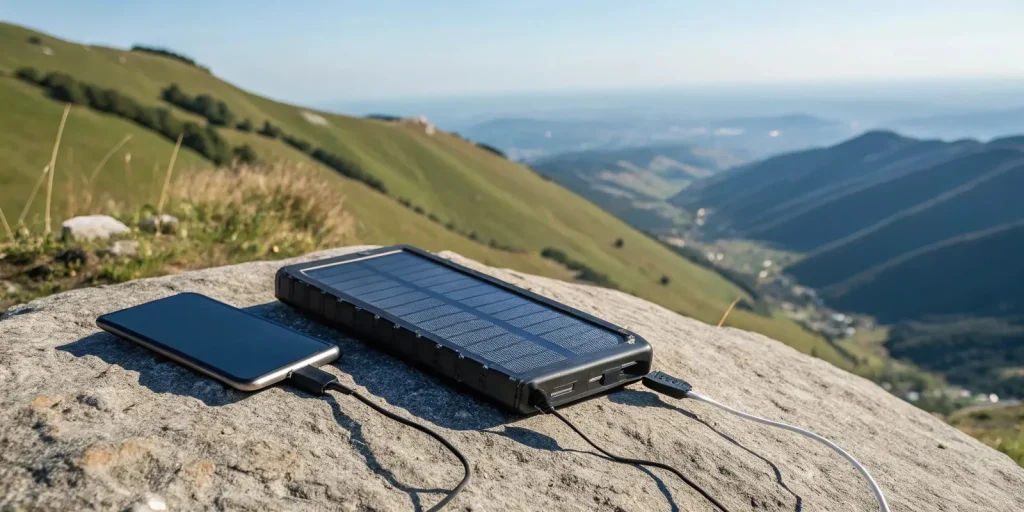
Why Affordable Power Solutions Matter in Gauteng
Gauteng’s economy depends on consistent power, not just for offices and factories but for millions of homes that also serve as workplaces, classrooms, and small business hubs. Every outage carries a cost, from lost productivity to spoiled food.
By investing in affordable backup systems, residents are taking back control of their energy needs and ensuring life continues smoothly, even during power cuts. More importantly, these small, practical changes are helping drive a shift toward energy independence. Communities across the province are proving that resilience is possible, even in the face of persistent load shedding.
Take Charge of Your Power Future
If load shedding has taught Gauteng anything, it is that preparation equals empowerment. Whether you choose a reliable power bank, a solar lighting kit or a portable power station, there is an affordable way to keep your home or study space running when the grid fails.
Visit your nearest hardware or electronics store to explore the available options and start building your personal power plan today. Because in Gauteng, keeping the lights on means much more than electricity, it means taking control of your energy future.




